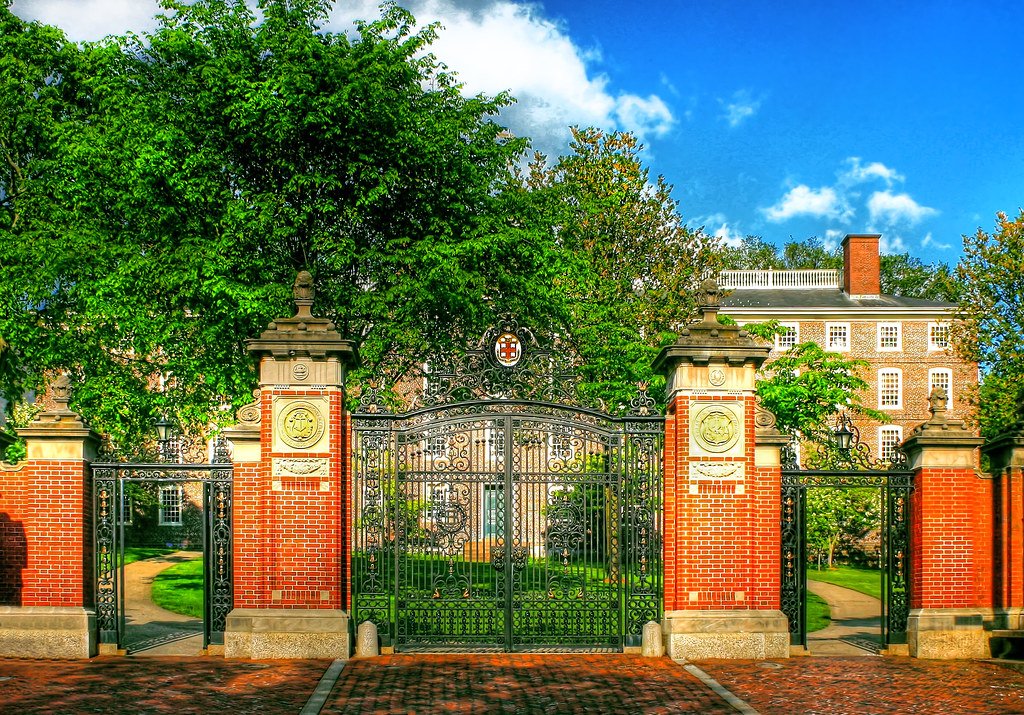
van wickle
ABS 098: “Co-Creating” Operation Fusion: A Collaborative Approach to Bridging Health and Culture for Immigrant & Refugee Youth
Nawar Ahmed ¹ , Sharlet Mathew ¹ , Andy Tran ¹ , Joey Hernandez ¹
¹ University of Houston
Van Wickle (2025) Volume 1, ABS 098
Introduction: A sense of belonging and self-agency fosters resilience in immigrant and refugee youth against migration-related adversities such as forming social bonds and maintaining identity. With that in mind, culturally diverse classrooms incorporating intercultural and heritage learning equip immigrant and refugee students with the confidence and support to overcome these obstacles.
Through Operation Fusion, undergraduate volunteers and Project Heads from the University of Houston facilitate activity-based lessons blending culture and personal health with a classroom of immigrant and refugee elementary students of limited English proficiency at Las Americas Newcomer School. Recognizing the need for deeper student engagement and shared ownership of learning, we transitioned to the “co-creation” model, where UH volunteers, Project Heads, and Las Americas students actively work together to shape the program. Instead of traditional pre- and post-surveys, we shifted towards conversational strategies, such as post-session debriefs, focus groups, and activity-planning workshops to foster collaboration and promote a more inclusive and personalized learning environment.
Adoption of the co-creation model increased student engagement, particularly through student and volunteer feedback-driven implementations. Students reported greater interest and a stronger sense of agency over their learning. Continuous involvement of active volunteers increased, and volunteers highlighted enhanced leadership development, deeper cultural awareness, and increased motivation to participate in the program. Stronger community partnerships were fostered, reinforcing program growth and sustainability.
“Co-creation,” a model that empowers all participants to become active contributors to program design and curriculum, offers a sustainable approach for public health initiatives that strengthen both engagement and impact. By shifting from a top-down model to a collaborative framework, Operation Fusion encourages students to take ownership of their learning and strengthens the role of volunteers beyond passive facilitators. This model provides an adaptive framework for programs that aim to foster self-advocacy and personal health across diverse populations.
Methods: Through Operation Fusion, volunteers and Project Heads (PHs) from the University of Houston facilitate weekly one-hour-long activity sessions blending culture and personal health with a classroom of immigrant and refugee 6th-graders with limited English proficiency at Las Americas Newcomer School (LANS). Recognizing a need for deeper student engagement and shared ownership of learning to support LANS students' sense of agency, PHs transitioned the program to a “co-creation” model, where UH volunteers, PHs, and LANS students actively collaborate to shape the program and curriculum. In place of traditional pre- and post-surveys used in previous years, PHs implemented conversational strategies such as recorded post-session debriefs, focus groups, and activity-planning workshops with volunteers, as well as transcribed end-of-session volunteer-LANS student feedback discussions to promote a more inclusive and personalized learning environment. PHs incorporated the collaborative input and feedback cycles into building lesson plans and strengthening dynamics between PHs, volunteers, and LANS students.
Results: Adoption of “co-creation” increased LANS student engagement through student and volunteer feedback-driven implementations. Students reported greater interest and a stronger sense of agency over their health and learning. Focus groups promoted volunteers’ and PHs’ contextual awareness and empathy of migrant adversities, informing future decisions about student interactions and the curriculum. Post-session debriefs enabled immediate feedback between volunteers and PHs, allowing for more efficient and honest assessment, which fostered pathways to future implementations. Volunteers emphasized improved community-building, cultural exchange, and motivation to participate in the program. Involvement of active volunteers increased from 24 volunteers in 2023-2024 to 37 in 2024-2025 (p<.05).
Discussion: Beyond increased volunteer involvement, collaborative frameworks like “co-creation” can help public health initiatives sustainably promote health and self-advocacy for underserved communities, especially among immigrant and refugee populations, where educational gaps, language barriers, and isolation often shape health outcomes. Shifting from a top-down model, Operation Fusion now empowers LANS students to take ownership of their learning while expanding the role of volunteers beyond passive facilitation. Moving forward, we hope to include LANS teachers in the co-creative process because their daily interactions with students offer unique insights into how they learn and what support systems are most effective in helping them thrive.
Volume 1, Van Wickle
Public Health, ABS 098
April 12th, 2025